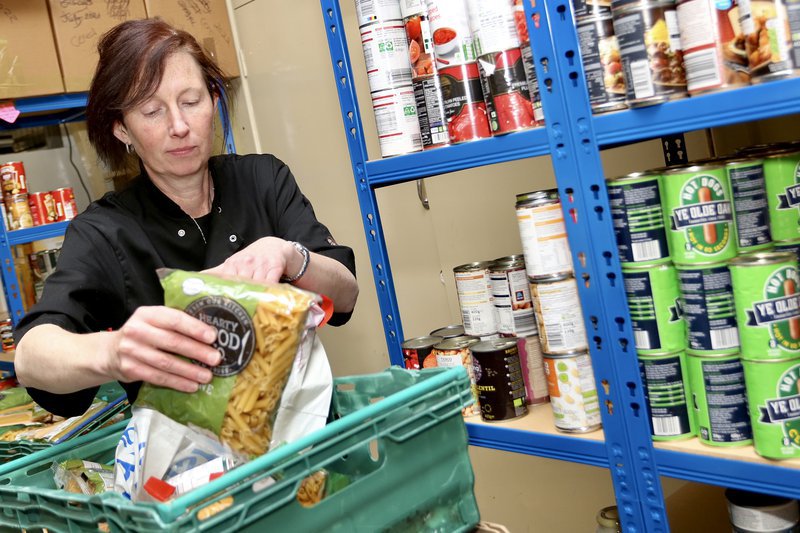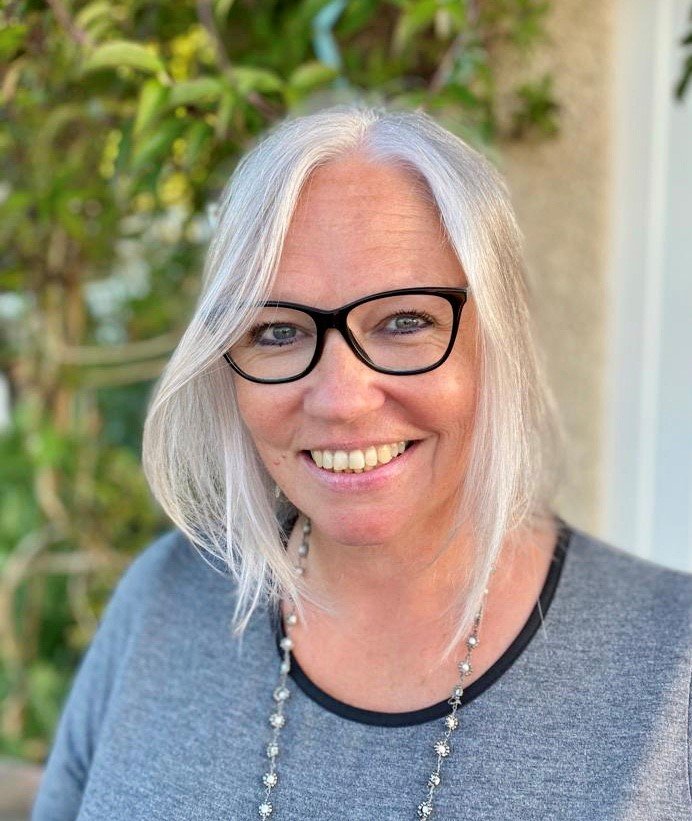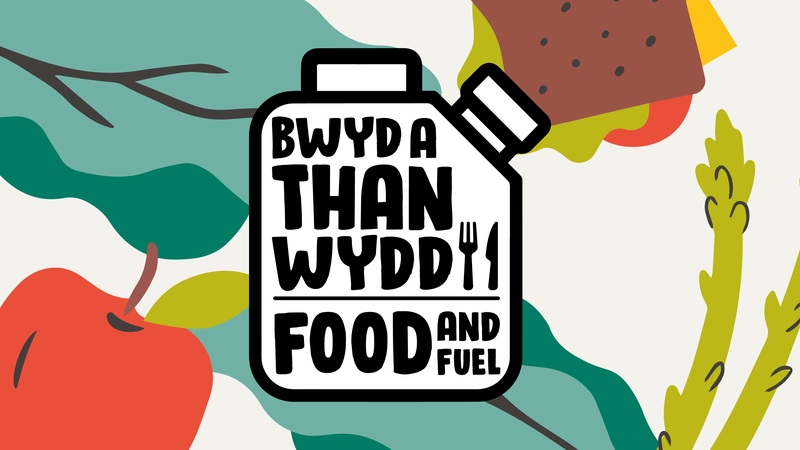Are you driven by true compassion?

Food and Fuel blog. Written my Mandy Bayton, Bishop’s Officer for Evangelism & Outreach, Diocese of Swansea & Brecon
One of Jesus’ most well-known stories is the parable of The Good Samaritan. This is a story of a man who was travelling from Jerusalem to Jericho along the Jericho Road. You can read the parable in Luke 10: 25-37.
The Jericho Road is a 17-mile road (approx. 27km) which connects Jerusalem to Jericho. It has been and is notoriously dangerous. It’s a steep, narrow road, with lots of rocky valleys. Up until the 5th century it was called the red or bloody way and up until the 19th century people paid safety money to local sheiks so they could travel.
I believe Jesus purposefully set his parable on the Jericho Road because the Jericho Road is, and has been for centuries, 17 miles of violence and oppression.
In 21st Century Wales we have contemporary versions of the Jericho Road – those areas of violence and oppression where food and fuel poverty is on the increase, knife crime is on the rise, loneliness is epidemic, racism and hate crime is widespread and people are sleeping on our streets.
True compassion demands that all of humankind be treated justly and with respect.
Martin Luther King Jr said this: “On the one hand we are called to play the good Samaritan on life's roadside; but that will be only an initial act. One day we must come to see that the whole Jericho Road must be transformed so that people will not be constantly beaten and robbed as they make their journey on life's highway. True compassion is more than flinging a coin to a beggar; it is not haphazard and superficial. It comes to see that an edifice which produces beggars, needs restructuring.”
True compassion fuels anger and frustration at injustice, it demands that all of humankind be treated justly and with respect. It believes all people have the right to equitable treatment.

True compassion has a genuine regard for and an appreciation of diversity and a desire for inclusion, it is not deterred by cultural differences, skin colour, sexuality, gender, or different opinions.
The Good Samaritan was driven by true compassion. In Jesus’ day, Jews and Samaritans loathed each other, they wouldn’t even sit on a seat which one of the others had vacated and yet that disparity between cultures didn’t dissuade Jesus from telling the story of a Samaritan helping a Jew.
When I’m talking about some of the projects I’ve been involved with, people often come at me with the phrase “it shouldn’t be needed, I blame society”. When someone says that I agree emphatically, it shouldn’t be needed, and then I ask them to look around, pointing out that we are society, them and me we’re society

Poverty impacts all of us in some shape or form. Those experiencing poverty, those struggling with the cost-of-living crisis aren’t apart from us they are a part of us. Our society and indeed, at times, the Church must stop seeing people as projects, as people who need us to provide a service for them. It isn’t a them and us position, it is simply just us. We’re in this together. We are society. We are the community and together we have a collective responsibility for the unfairness and injustice, but we also have a collective responsibility for putting things right.
The Church is voice of social action and social justice.
The pandemic amidst all the horror, pain and suffering, reminded us that community spirit still thrives and how society works best when we work together. It also highlighted how much we need each other, emphasising that we all have individual responsibility, but recognising that we are more powerful and can achieve more when we move in the same direction together, following the same trajectory to bring about change.
For centuries the Church has been the voice of social action and social justice and we have done many good works. We are in a unique position to work alongside and with our communities to change policy and to push for positive solutions.
When I read the parable of the Good Samaritan, I have often wondered what if the story had been told from the beaten man’s perspective. How did he feel, he was a man who had no agency in his situation, who was reliant on the resources and compassion of others. A person unable to make a choice.
Life denying and life limiting elements rob people of choice. I believe the true compassion that transforms our Jericho Roads needs to go further than making sure everyone can pay for essentials, it also needs to enable choice. True compassion makes possible life enriching choices which can bring joy. Choice shouldn’t only be for those who can afford it.
We all have the right to our own agency but often when we are in crisis we feel as if we are powerless, we feel as if we’ve lost our dignity. To build an equitable, just society where people are fairly treated, where all life is recognised as sacred, and all are respected and treated with dignity is a responsibility all humankind must share but it is a responsibility in which the Church must take the lead.
Jesus paid the highest cost for his compassion, and it is his love and sacrifice that can transform our neighbours’ lives.
To restructure the edifice that produces beggars, will come at a cost because true compassion always comes at a cost to ourselves. It may mean we need to deal with our own prejudices, it may mean we need to make sacrifices, it will mean that we see lives enriched.
My hope is, as our “neighbours” see the Church being who we are created to be, people of love, joy, compassion, kindness, justice and mercy and as personal Jericho Roads are transformed, our neighbours will be drawn to Jesus through us. Jesus paid the highest cost for his compassion, and it is his love and sacrifice that can transform our neighbours’ lives, but it is his Church, it is us, who can and must restructure the edifice.
Join Food and Fuel campaign
I want to tackle the cost of living crisis